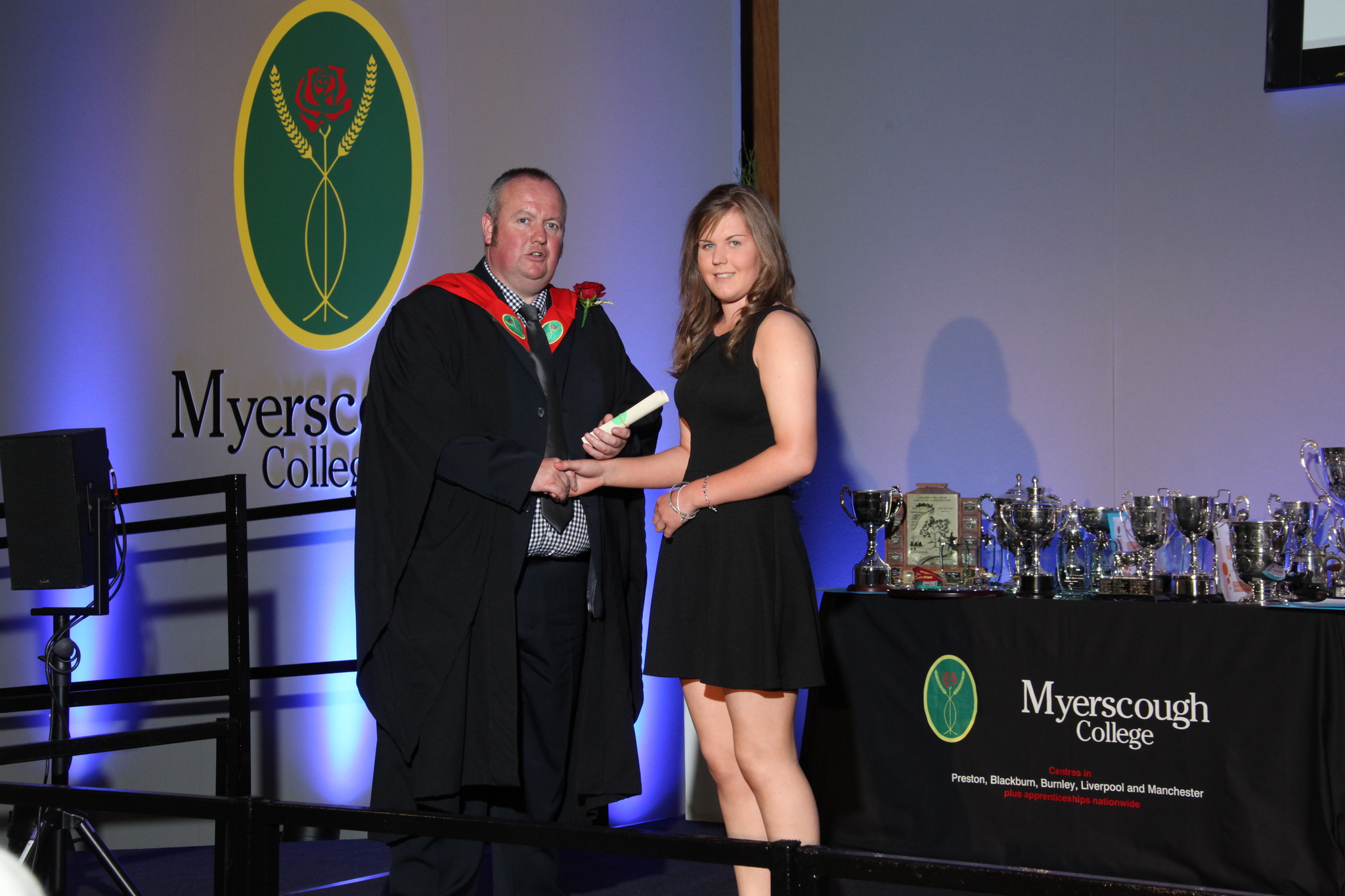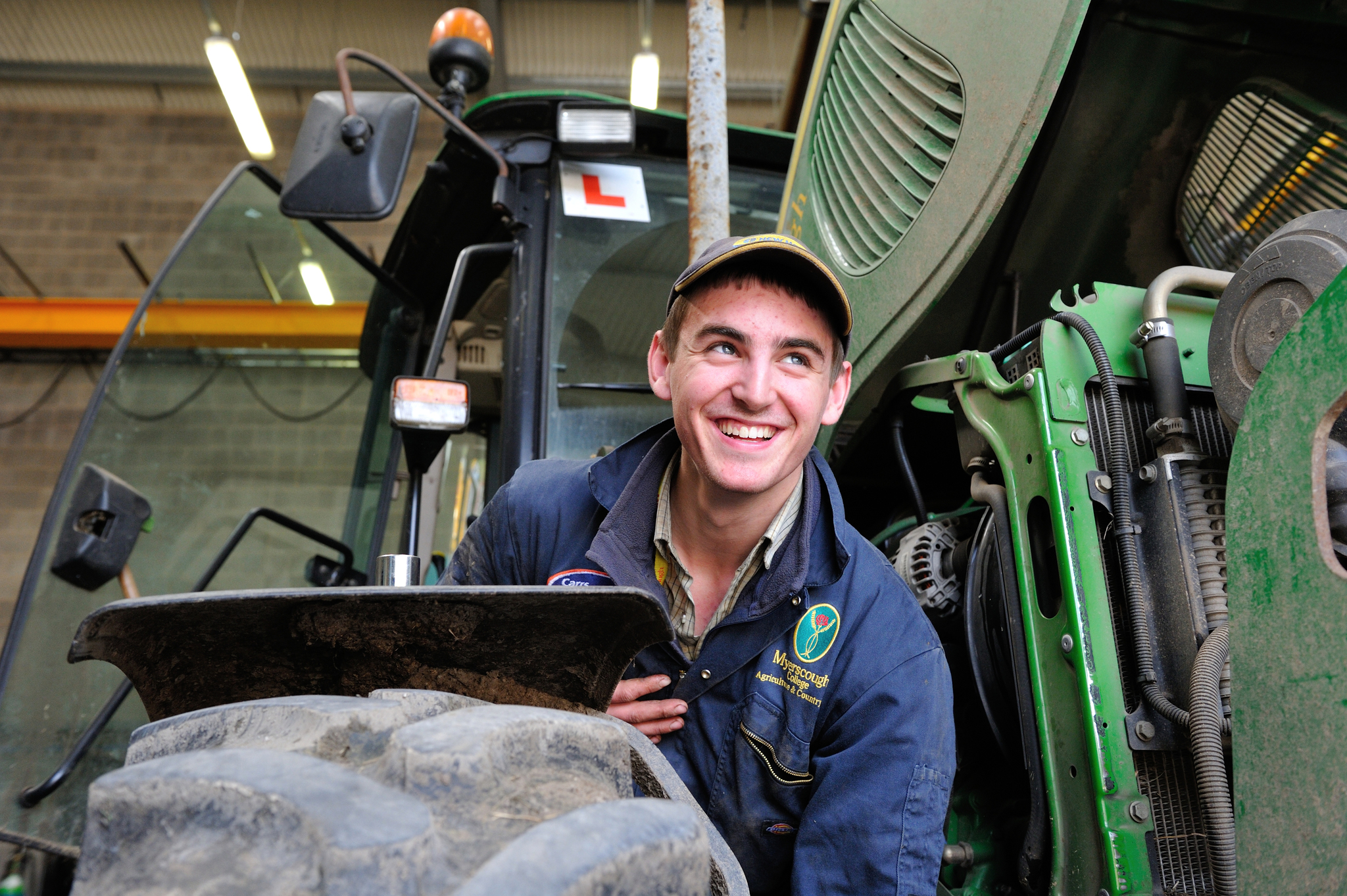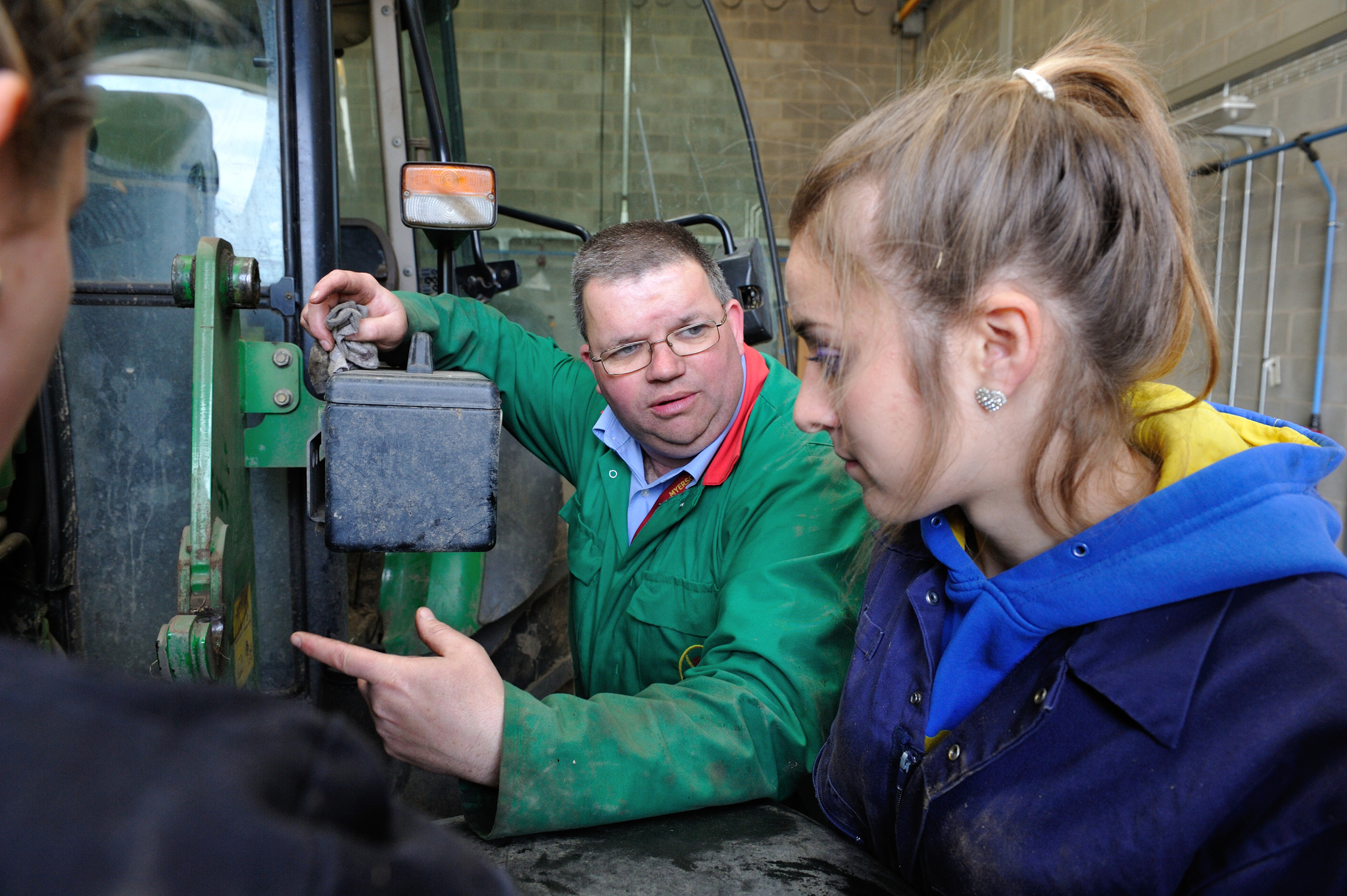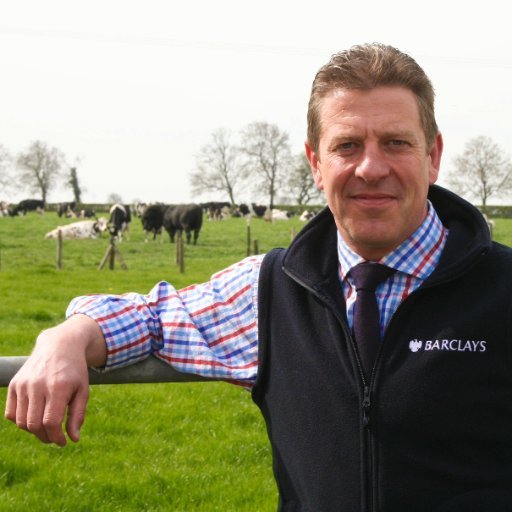Course modules
Year 1
Health and Safety for Land-Based Industries
A core unit about keeping safe in the workplace and minimising risk to yourself and others
Agricultural Power Units and Machinery Operation
Practical and theory on tractors and farm implements both driving and safely using
Crop Husbandry
An exploration of how to grow and look after crops to maximise farm yields
Farm Animal Production
A unit about how we farm and manage livestock. Includes theory around care and production cycles along with developing practical livestock skills
Farm Estate Maintenance
Practical skills and theory underpinning farm maintenance – hedges, walls, plumbing, building walls etc.
Physiology of Plants and Animals
A lab based session exploring science that underpins farming
Working in the Agricultural Industry
A unit of work placement twinned with career planning to help you achieve your dream job
Entry requirements & additional information
Entry requirements
3 GCSEs at Grade 3 (D) or equivalent, including English Language, Maths and Science (or related subject).
(check FE Admission guide for changes and equivalencies)
Learning and assessment
Assessment of technical qualifications is a mixture of practical assessment of skills and written assignments marked internally by the teaching team, together with externally marked examinations that combine the knowledge of all mandatory units. The assessments and exams are spread throughout the course of the year.
Progression
Upon successful completion of the Level 2 Technical Certificate in Agriculture, learners may be able to progress onto the Level 3 Advanced Technical Certificate.
Careers
Assistant Stockperson
Assistant Tractor Driver
General Farm Worker
Estate Worker
Special requirements
Costs that are mandatory for the course:
Steel toe-capped boots or wellington boots – approx. £25
Protective overalls – approx. £25
Waterproof coat and leggings – approx. £50
Hi visibility bib – approx. £10
Costs that are optional for the course:
There may be an opportunity to travel on study tours in the UK and day trips to shows and farms.
Work experience
Students will be expected to find their own placement although College will provide support and assistance as appropriate. Industry experience is assessed through College reports, a placement report and employer’s reference. Usually students undertake one day per week on placement.
Students will gain work experience on the College farm whilst at College and will also be required to gain some work experience during the holidays.
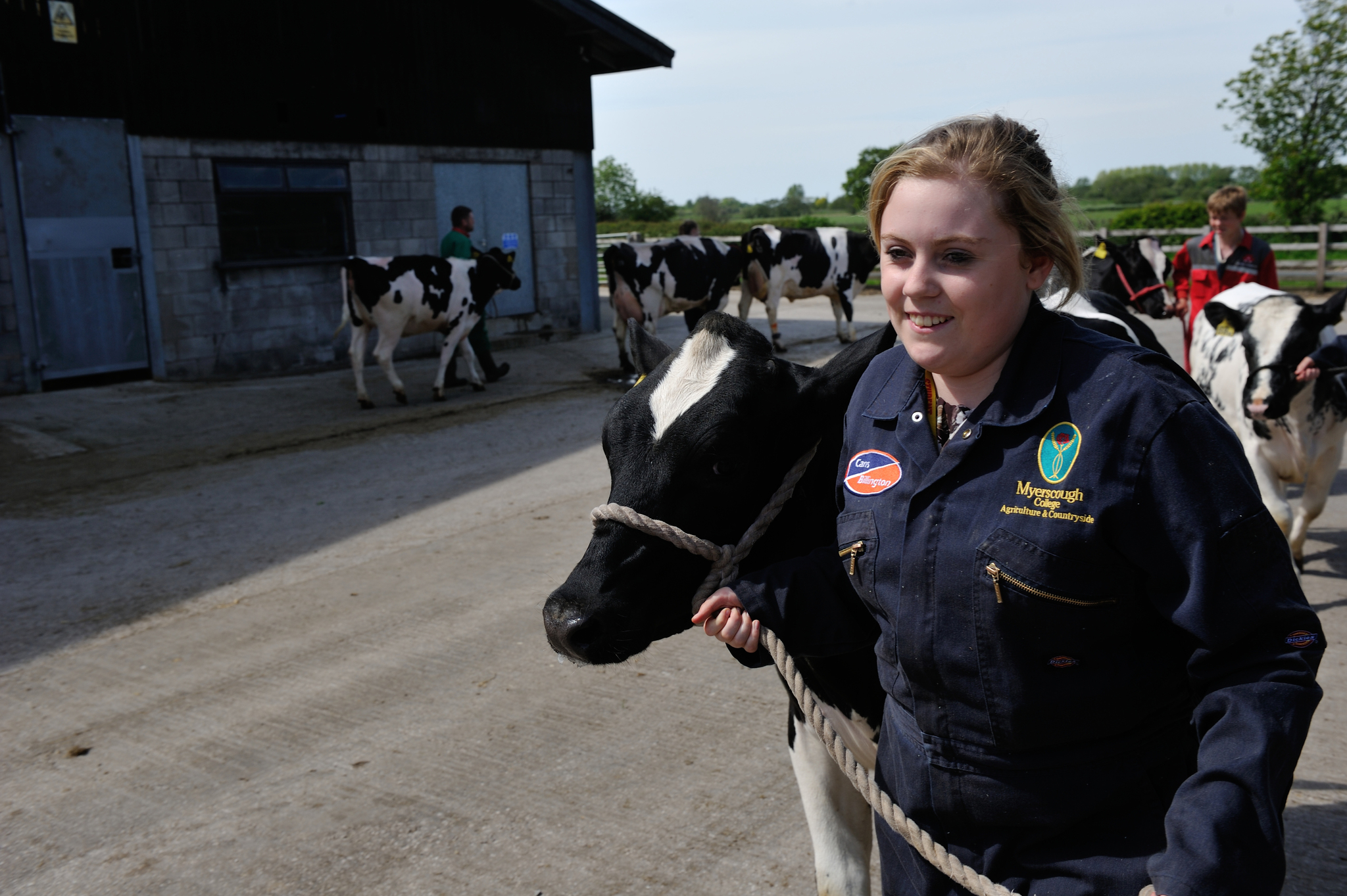

Latest news, Agriculture
-
VE DAY 80: Training the 'Women's Land Army'
- Published
- Thursday 8 May
-
Myerscough agriculture students shortlisted in Cumbria Farmer Awards
- Published
- Wednesday 7 May
-
Myerscough’s vital farm support celebrated by The King at Buckingham Palace reception
- Published
- Wednesday 19 March
-
Agriculture student awarded prestigious scholarship to further learning
- Published
- Tuesday 11 March
-
Colleges Week: Building brighter futures
- Published
- Tuesday 4 March
